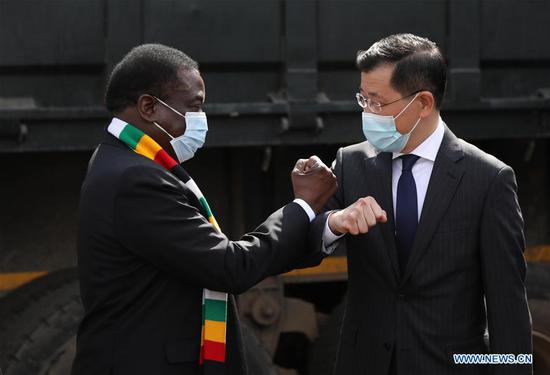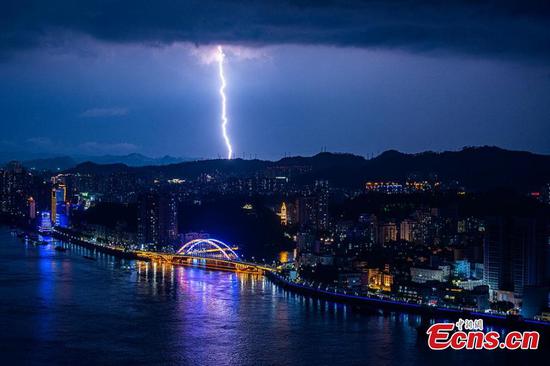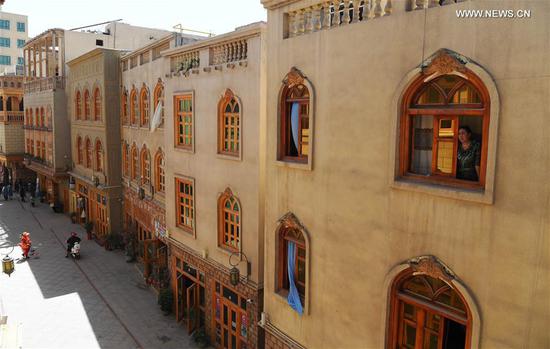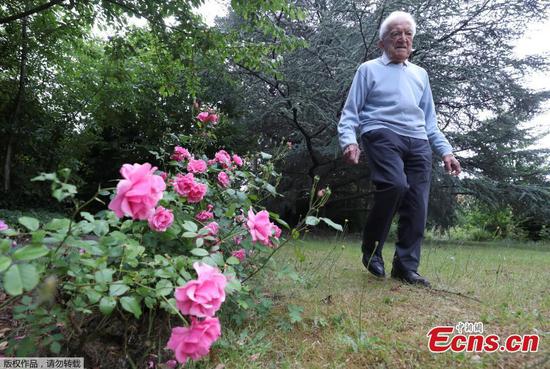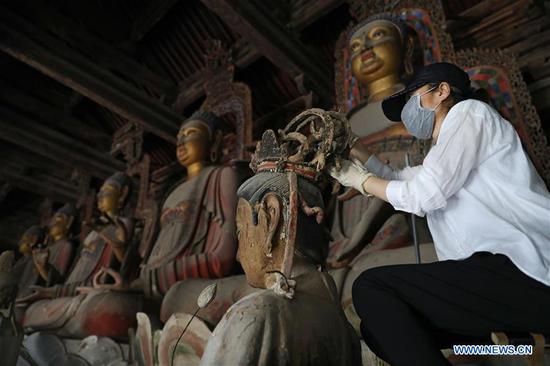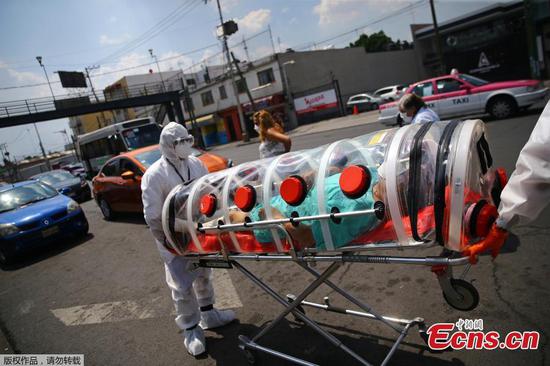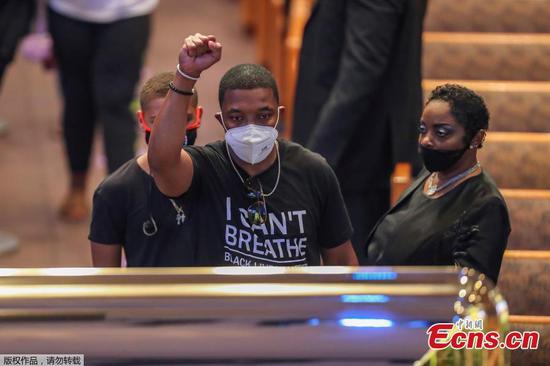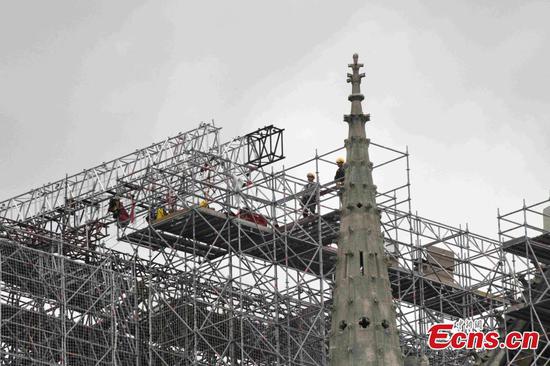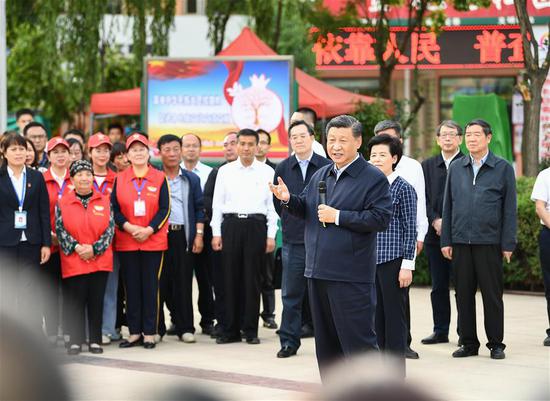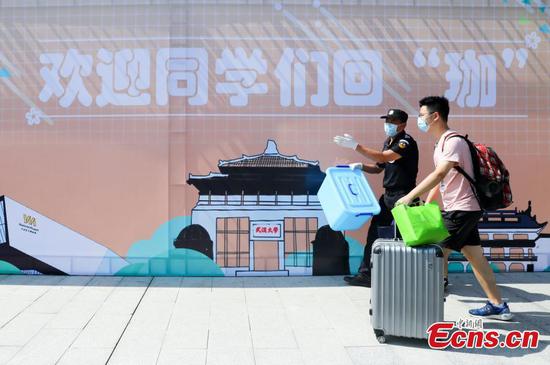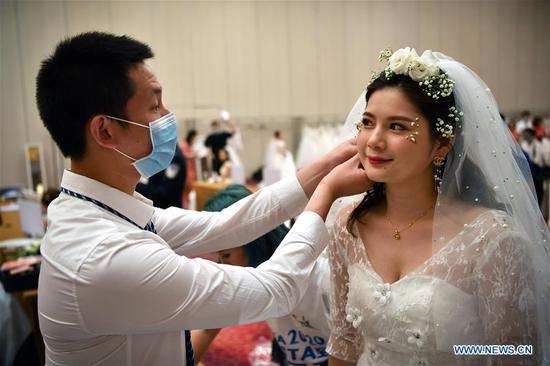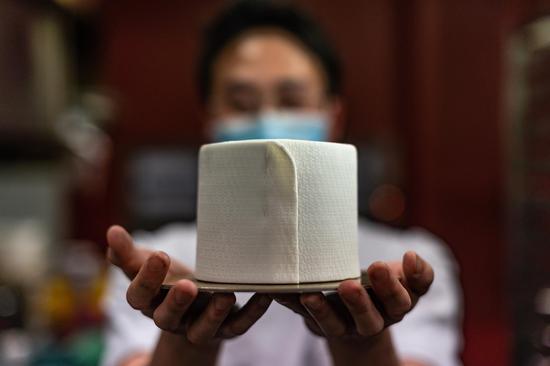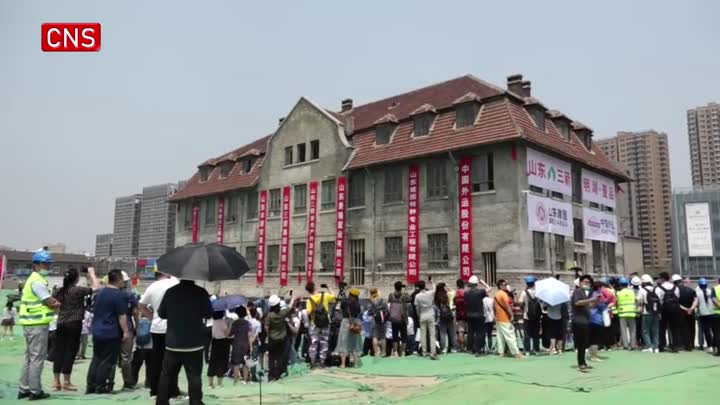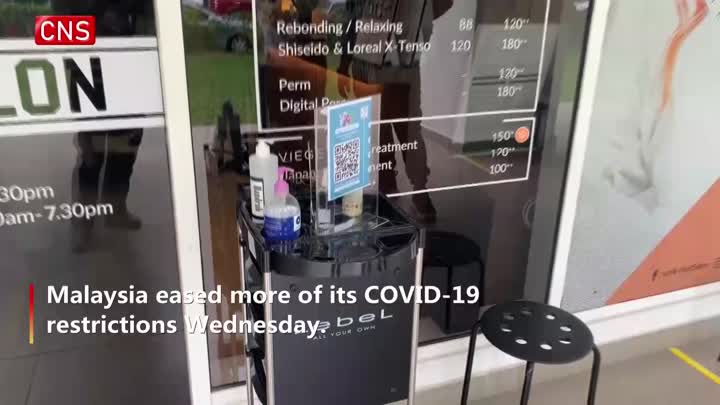Days after hundreds of protesters occupied the city area in Capitol Hill and established the "Capitol Hill Autonomous Zone", or CHAZ, in Seattle, the city and the Seattle Police Department still have no plan or deadline for taking it back.
CHAZ, a six-block area around the police department' east precinct, has been in community control since Tuesday, when Seattle Police Chief Carmen Best decreased the officers' presence in the east precinct to allow for peaceful protests.
City officials hope to talk to protesters but there is no centralized leadership among protesters, so making a deal still remains a challenge.
When the Mayor of Seattle Jenny Durkan was asked on CNN on Friday how long CHAZ could remain in place, her answer was: "I don't know, we could have a summer of love."
Best appeared on ABC's Good Morning America the same day and said she believed the current situation, with police officers displaced and unable to respond to priority calls in a timely way, is dangerous.
There are officers near the zone and they are still responding to emergency calls. Best said call response times in the area normally served by the east precinct have tripled in the three days since CHAZ inception-from just over 5 minutes to 18 minutes. Secondary calls are taking almost an hour.
"We did not, for clarification, abandon the precinct. But we did have to remove some personnel for a short period of time, and then it became unsafe," Best said.
" It makes good sense we do our job effectively and-while I support First Amendment free speech-this is not that, and we need to make sure we are working to get officers back in and to peaceably resolve the issues outstanding."
Flanked by several officers, Best entered the east precinct on Thursday morning for the first time in days. She told KOMO News the same day that the command for them to leave was too quick, and that they were not even able to get their equipment out of the area.
'Major victory'
Seattle City Council member Kshama Sawant called the establishment of CHAZ a major victory and said the area should be turned over permanently into community control.
Sawant said she plans to create legislation to turn the east precinct into a community center for restorative justice.
Sawant helped support CHAZ on Tuesday when she opened the doors to the City Hall to allow hundreds of protesters inside.
More than 1,000 protesters spent an hour talking about defunding the Seattle Police Department, banning chemical weapon use by police, and railing against Durkan, demanding she step down immediately.
On Wednesday, CHAZ drew the fire of US President Donald Trump, who took a few jabs on Twitter at Washington State Governor Jay Inslee and Durkan for their handling of the George Floyd protests.
Trump called Inslee "radical" and threatened to "take back the city" if the officials did not intervene. In a subsequent tweet Trump said "domestic terrorists" had taken over Seattle in the midst of its second consecutive week of protests in the wake of George Floyd's death.
King County Republican Party opened a page at PeitionBuilder.org on June 9 to support the police, asking for signatures on the petition to oppose any efforts to defund the police department of the county.
"Police in King County have been given the highest levels of diversity and de-escalation training. The officers and police chiefs across the country have condemned the actions of the officers in Minneapolis; however, extremists condemn all police for actions in which they had no hand. Our officers experience hatred and violence purely because they wear a uniform. Moreover, the very politicians who should support police departments instead systematically undermine them."
District Court Judge Richard Jones on Friday issued a temporary restraining order prohibiting Seattle police officers from using pepper spray, tear gas and flash bang devices as part of their crowd control efforts, handing a victory to "Black Lives Matter" and other protesters who have taken issue with the use of such devices.
The order by Jones followed a hearing in which both sides made arguments to support their case, but the order is limited in that he allowed for the use of chemicals if efforts to subdue a threat by using alternative crowd measures fail.
The restraining order will expire 14 days from the day it was issued. It was not immediately clear if the city would appeal the court's decision.













